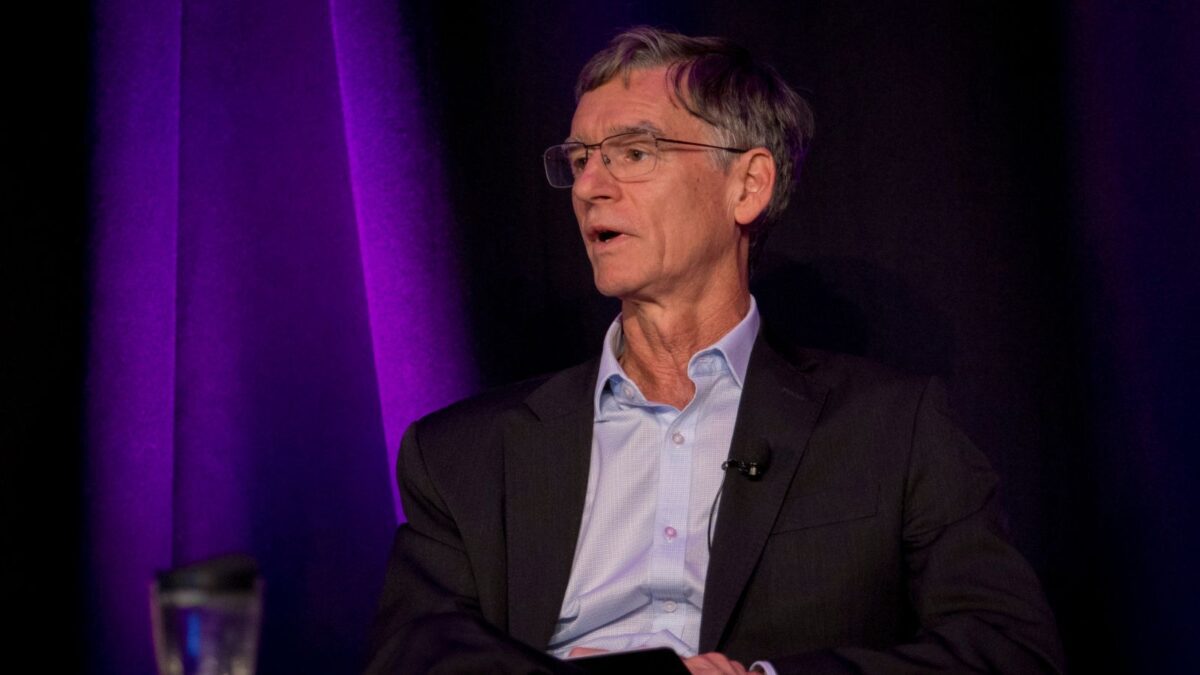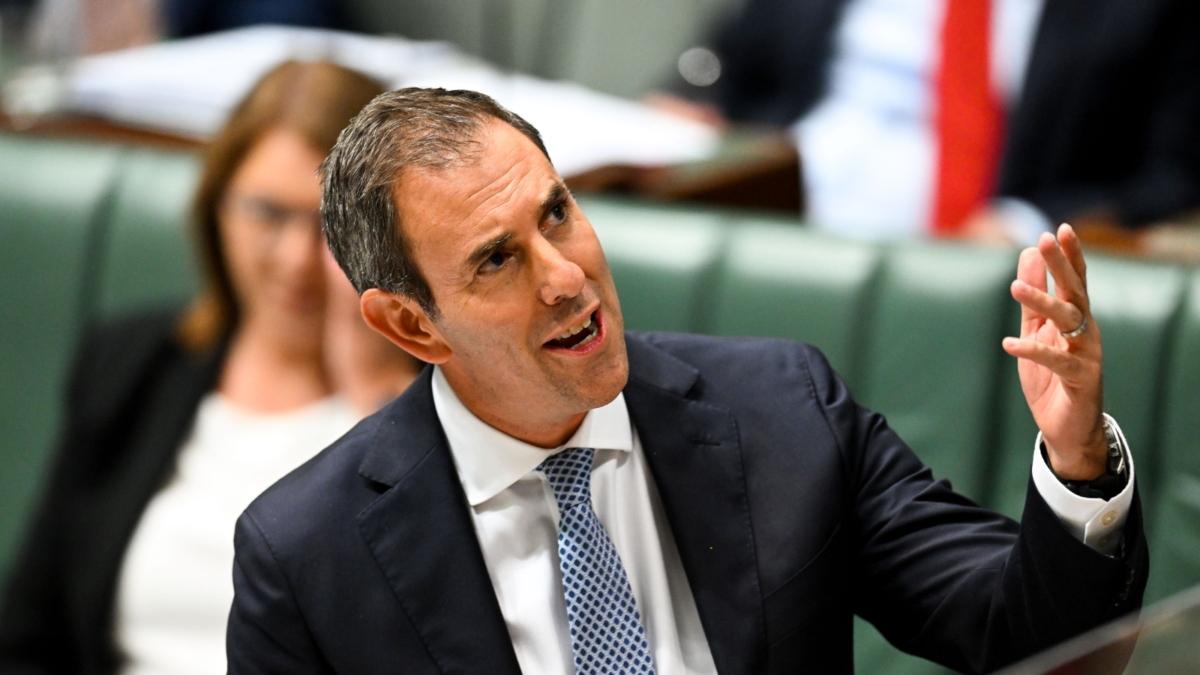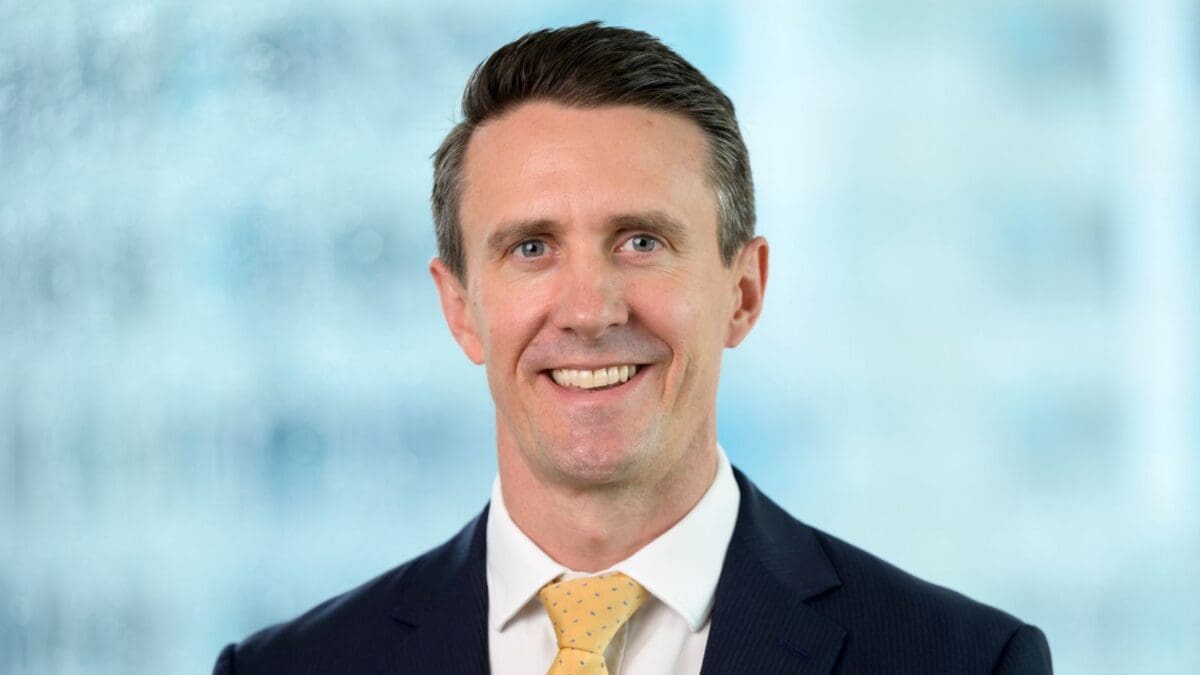The ‘North Star’ of net zero
The companies that will survive the tectonic shift to net zero will be the ones that innovate and engage, according to GAM.
“What we’re going into is a scenario where those companies that are going to survive and thrive are those that recognise net zero as the North Star and look at their strategy around that imperative to decarbonise, and recognise that it’s a transition process and one that’s going to involve engaging with their stakeholders as well,” said Stephanie Maier, global head of sustainable and impact investment at GAM.
Focusing solely on pure play ‘green’ sectors and applying broad exclusions is unlikely to benefit investors as much as those investors that also seek to engage with the management of high-emitting companies to effect positive change. GAM believes the true winners will be in the innovative small and mid-cap space, where companies will benefit from the high-level sustainability trend “shaping the future of investment, the future of our economy, and the future of our society”, or those larger companies that are meaningfully changing their strategies and aligning their capex accordingly for decarbonisation.
“We really look into the detail to understand where the risks are, but more importantly where the opportunities are as well,” Maier said. “We’re active investors; that allows us to take a really nuanced look in terms of understanding how companies are managing ESG issues but also how well they’re positioned for the future as well.”
But the biggest challenge, as ever, is finding out who’s actually doing the work. Availability of data is one part of that challenge; the quality of that data is another. But there are other issues in how companies decarbonise – particularly a growing reliance on instruments like carbon credits, which Maier believes “should only be used for the very last proportion of emissions reduction.”
“The bulk of any decarbonisation should be linked to how you actually reduce emissions within operations or through the supply chain. Rightly, there’s a focus on how companies are decarbonising and particular scrutiny on carbon credits. Ultimately, what we’re looking for is that real world reduction in emissions, not just a transference.”
Recent events have been a boon for sustainability. COP26, which saw countries make progress on net zero commitments but still fall short of securing the 1.5 degrees Celsius goal, lit a fire under the private sector and global finance in particular, as asset managers and owners realise the crucial role they have to play in financing the transition to net zero.
“One thing that was really different at Glasgow this time was how central the private sector is,” Maier said. “They came to the table; companies talking about net zero, decarbonisation, not driven primarily by regulation but by recognition that this is something they need to do, and also something that in many sectors their customer and client base is asking them to do.”
“We need to ramp up investment in those solutions, whether that’s on the equity side on those companies that are going to benefit from and help drive that transition, or on the fixed-income side into green bonds; we have a green bond fund looking at financial institutions. Banks are going to play a really significant role in financing this transition. No doubt equity is easier because we have more data, but absolutely when we’re looking at decarbonisation we need to do that across all asset classes.”
When ESG was still in its nascent stages, its critics – while conceding that the goals of sustainability-focused managers were noble – believed that the approach could never provide sufficient diversification, limited to small handfuls of companies with paths to profitability or growth both longer and more treacherous than others. That’s starting to change as every sector begins its own transition.
“The opportunities we see in terms of those companies that are actively contributing to the solutions are certainly more narrow in terms of the sectors they’re exposed to,” Maier said. “But what we will see going forward is every sector of the economy finding, and needing to find ways to decarbonise. What we need to see is decarbonisation across the economy – and that will create a representative portfolio across all sectors of the economy.”










